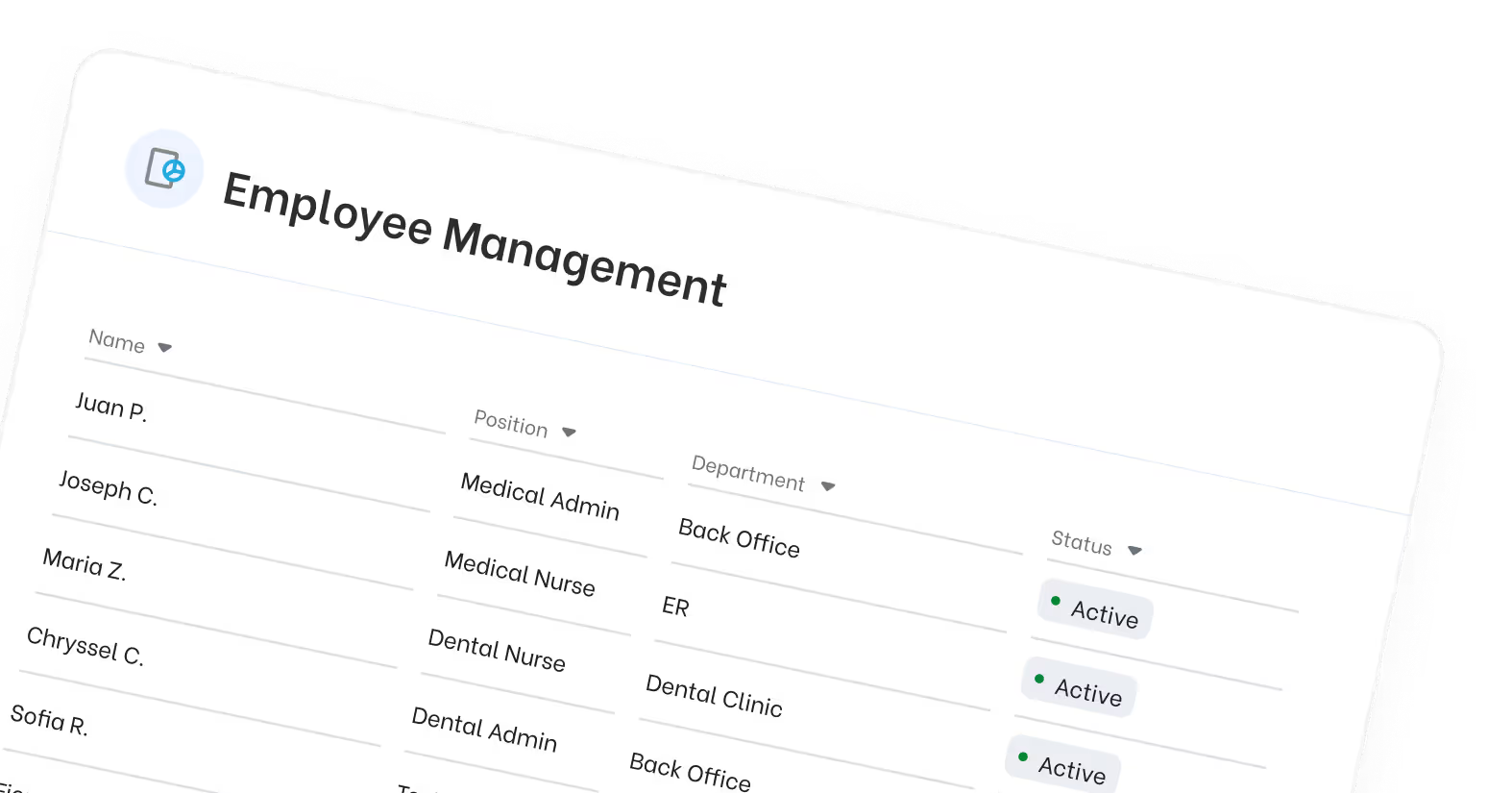Ensuring HIPAA Compliance: How Med Virtual Secures Virtual Assistance in Healthcare

In the ever-evolving landscape of healthcare, the digital revolution has brought both innovation and challenges, particularly in the realm of data security. As healthcare providers increasingly rely on virtual assistance for administrative tasks, ensuring HIPAA compliance becomes paramount. In this blog post, we’ll delve into how Med Virtual prioritizes and guarantees HIPAA compliance in their virtual assistance services, offering a reliable and secure solution for healthcare professionals.
Understanding the Stakes: HIPAA Compliance in Healthcare
Health Insurance Portability and Accountability Act (HIPAA) regulations are in place to safeguard the confidentiality, integrity, and availability of patients’ health information. Compliance is not merely a legal requirement; it’s a commitment to maintaining the trust and well-being of patients. Any breach could lead to severe consequences, including legal penalties and damage to a healthcare provider’s reputation.
Med Virtual’s Commitment to HIPAA Compliance
Med Virtual recognizes the critical nature of healthcare data and takes a proactive approach to ensure HIPAA compliance across all facets of its virtual assistance services.
- Robust Training and Education: Med Virtual invests in comprehensive training programs for its virtual assistants, ensuring they are well-versed in HIPAA regulations and understand the sensitivity of healthcare data. Ongoing education is a cornerstone of their commitment to compliance.
- Secure Communication Channels: Med Virtual employs encrypted communication channels to protect the transmission of sensitive information. Virtual assistants communicate with healthcare professionals through secure platforms, minimizing the risk of unauthorized access to patient data.
- Access Controls and Authentication: Med Virtual implements stringent access controls and multi-factor authentication measures. This ensures that only authorized personnel can access patient information, reducing the risk of data breaches and unauthorized disclosures.
- Regular Audits and Assessments: To stay ahead of potential vulnerabilities, Med Virtual conducts regular internal audits and assessments. This proactive approach allows them to identify and address any potential risks promptly, maintaining a robust and secure virtual assistance environment.
- Data Encryption and Storage: Patient data is encrypted both in transit and at rest. Med Virtual utilizes cutting-edge encryption technologies to protect information throughout its lifecycle, from the moment it is transmitted to when it is stored securely.






